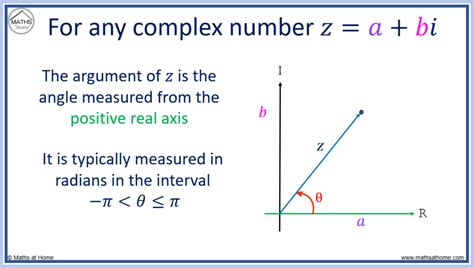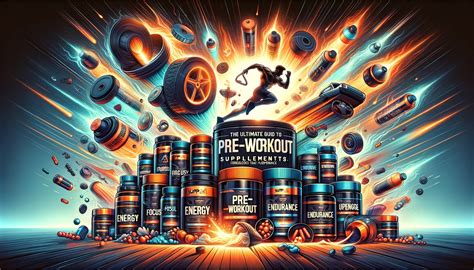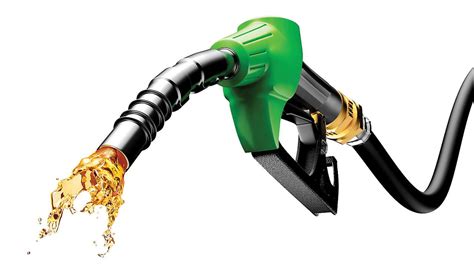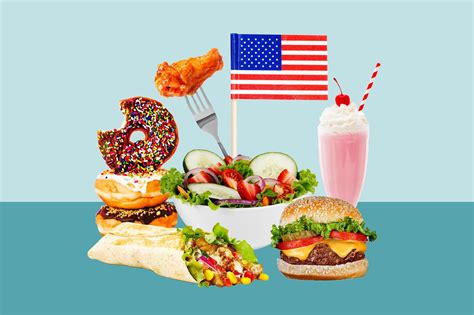Fueling Peak Performance: Why Pre-Workout Nutrition Matters
For men serious about their gym performance, what you eat before a workout is just as critical as the workout itself. The right pre-workout fuel can be the difference between a mediocre session and one where you push boundaries, lift heavier, and sustain energy from start to finish. It’s not just about feeling energized; it’s about providing your body with the raw materials needed for muscle contraction, repair, and overall endurance.
Understanding the science behind pre-workout nutrition allows you to strategically prime your body for optimal physical output. This means less fatigue, greater strength, improved focus, and a quicker recovery process, setting the stage for consistent progress towards your fitness goals.

The Macronutrient Breakdown for Optimal Gains
A balanced approach to pre-workout nutrition involves a precise blend of macronutrients: carbohydrates, protein, and to a lesser extent, healthy fats. Each plays a distinct yet complementary role in supporting your gym performance.
Carbohydrates: Your Primary Energy Source
Carbohydrates are the body’s preferred source of energy, converted into glucose and stored as glycogen in muscles and the liver. Adequate glycogen stores are essential for high-intensity, sustained workouts. Opt for complex carbohydrates, which provide a slow, steady release of energy, preventing energy crashes. Examples include oatmeal, whole-grain bread, sweet potatoes, and brown rice.

Protein: Muscle Protection and Repair
Consuming protein before a workout helps to prevent muscle breakdown during exercise and initiates the muscle repair process. It provides amino acids that are vital for muscle protein synthesis, contributing to strength gains and recovery. Good sources include whey protein, chicken breast, Greek yogurt, and eggs.
Healthy Fats: Sustained Energy (in Moderation)
While fats are slower to digest and thus not ideal as a primary immediate energy source for short, intense workouts, a small amount of healthy fats can provide sustained energy for longer, less intense training sessions. They also play a crucial role in hormone production. Sources like avocado, nuts, and seeds should be consumed sparingly closer to a workout.
Timing is Everything: When to Eat Your Pre-Workout Meal
The timing of your pre-workout meal or snack significantly impacts its effectiveness. A general guideline is to consume a larger, balanced meal 2-3 hours before your workout. This allows ample time for digestion and nutrient absorption. If you’re short on time, a smaller, easily digestible snack 30-60 minutes prior can still provide a necessary boost.
- 2-3 Hours Before: A meal rich in complex carbs, moderate protein, and low fat. E.g., grilled chicken with sweet potato and vegetables.
- 30-60 Minutes Before: A quick-digesting snack, primarily carbs with some protein. E.g., a banana with a tablespoon of peanut butter, or a protein shake.

Hydration: An Often Overlooked Performance Booster
Beyond food, proper hydration is paramount for peak gym performance. Dehydration, even mild, can significantly impair strength, endurance, and focus. Ensure you’re well-hydrated throughout the day, and aim to drink 16-20 ounces of water 2-3 hours before your workout, followed by 8-10 ounces 30 minutes prior. For longer or more intense sessions, consider an electrolyte-rich beverage.
Sample Pre-Workout Meal Ideas for Men
Here are some effective and easily digestible pre-workout options:
- Oatmeal with Berries and Protein Powder: A perfect blend of complex carbs and fast-digesting protein.
- Whole-Wheat Toast with Avocado and Egg: Balanced carbs, protein, and healthy fats (if timing allows for fat digestion).
- Greek Yogurt with Granola and Fruit: Excellent source of protein, carbs, and probiotics.
- Banana with Peanut Butter: A quick, convenient, and effective combination of carbs and healthy fats for immediate energy.
- Chicken Breast and Brown Rice: A classic bodybuilding staple for sustained energy and muscle support.

Listen to Your Body and Experiment
Every individual is unique, and what works best for one man might not work for another. Pay attention to how different foods and timings affect your energy levels, digestion, and performance. Keep a workout journal to track your pre-workout nutrition and its impact. Experiment with various options until you find the perfect fuel strategy that optimizes your personal gym performance.

By making smart, informed choices about your pre-workout fuel, you’re not just preparing for a single workout; you’re investing in long-term gains, improved energy, and a more effective path to achieving your fitness aspirations.




